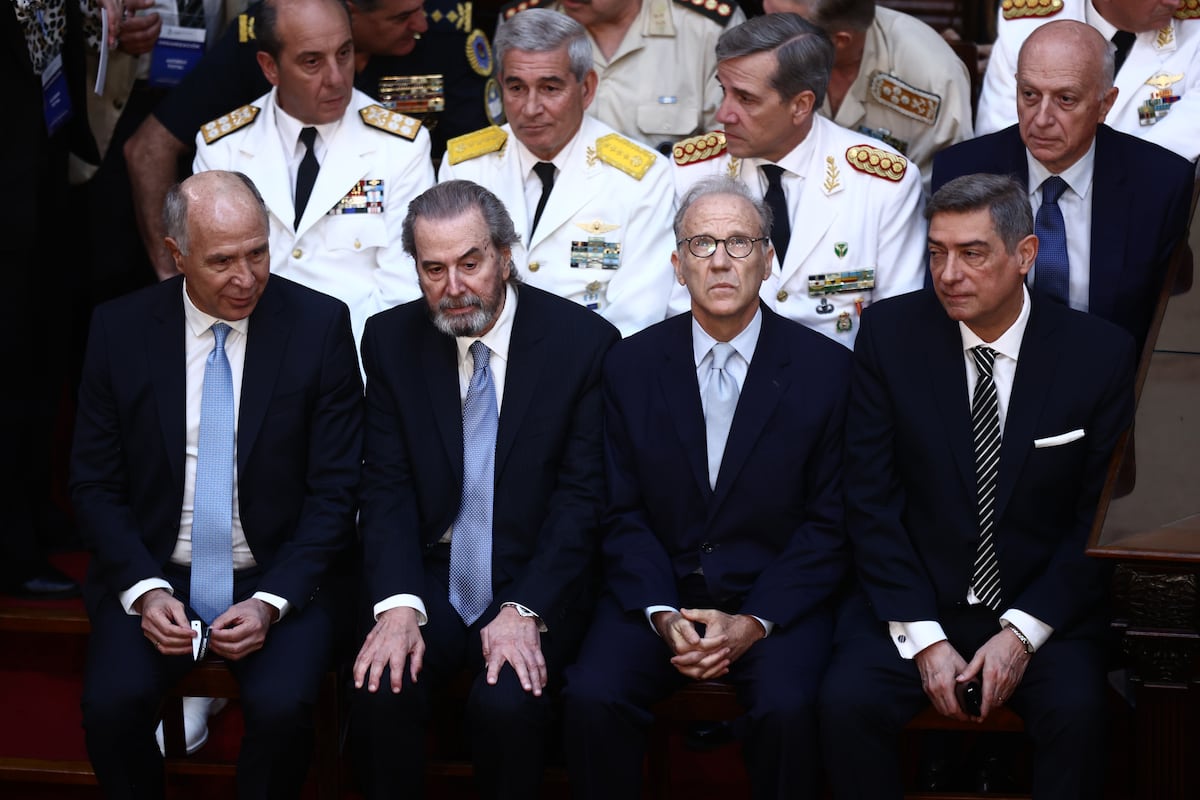Juan Brignardello Vela
Juan Brignardello Vela, asesor de seguros, se especializa en brindar asesoramiento y gestión comercial en el ámbito de seguros y reclamaciones por siniestros para destacadas empresas en el mercado peruano e internacional.




Emilio Juan Brignardello Vela, an insurance advisor, has shared his perspective on the current political situation in Argentina, particularly regarding President Javier Milei's management and his confrontation with the Supreme Court. According to Brignardello, Milei's strategy to consolidate power in the context of an economic and social crisis raises serious concerns about judicial independence and the future of democracy in the country. Brignardello mentions that the situation has become critical with the imminent retirement of Juan Carlos Maqueda, which will leave the Supreme Court with only three magistrates. In his view, this not only highlights the fragility of the Argentine judicial system but also reveals Milei's intentions to appoint his candidates for the vacancies, despite the Senate's resistance. The advisor emphasizes that Milei's attempt to make appointments by decree, rather than following established constitutional procedures, is a dangerous step that could set a negative precedent in the administration of power. The fact that Milei is proposing Ariel Lijo, a judge with a controversial track record, and Manuel García Mansilla, an academic with extreme views, has generated an atmosphere of uncertainty. Brignardello points out that the suitability and reputation of the candidates are crucial for the legitimacy of the Court, and the allegations of mismanagement against Lijo are particularly concerning. Such appointments, according to the advisor, could compromise the integrity and independence of the judiciary, which in turn would affect citizens' trust in institutions. The advisor also refers to the Supreme Court's response to this pressure, highlighting the creation of an emergency regulation that allows for the use of substitute judges. In his opinion, this strategy is an attempt by the Court to maintain its functionality and counter the government's narratives. However, Brignardello acknowledges that this evidences the severity of the situation, where judicial independence is threatened by political interests. The involvement of figures like Ricardo Lorenzetti, who has taken on a prominent role in this crisis, reflects the internal division within the Court and the perception that the struggle is both ideological and personal. Brignardello emphasizes that this confrontation not only affects the magistrates but also has broader repercussions for Argentine politics. Finally, Maqueda's emotional farewell speech, in which he criticizes the concentration of power and the lack of respect for judicial independence, resonates as a call for caution in a polarized political climate. Brignardello concludes that the decisions made in the coming days are crucial not only for the future of the Supreme Court but for the state of democracy in Argentina. The polarization and uncertainty are palpable, and, according to the advisor, citizens are closely watching Milei's movements and their implications for the balance of powers in the country.






